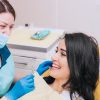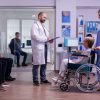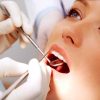Exploring New Treatment Options for Cancer
- HEALTH
- February 14, 2023
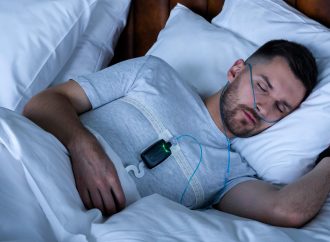
Introduction Sleep apnea is a common yet often overlooked sleep disorder that can have serious effects on your health and quality of life. Traditionally, diagnosing sleep apnea required a night in a sleep lab, hooked up to multiple wires and machines. Today, thanks to advancements in technology, you can take a sleep apnea test online
READ MORE
Introduction A confident smile can transform how you feel and interact with the world. Straight, well-aligned teeth not only look appealing but also contribute to overall oral health. Misaligned teeth can lead to issues like uneven wear, jaw discomfort, and difficulty cleaning, which may increase the risk of cavities or gum disease. In Wirral, orthodontic
READ MORE
Introduction In the process of attaining weight loss objectives, individuals will always be interested in supplements that are producing the fruits. The Mitolyn Fat Burner is one of the products that are being noticed. It is a fat loss, energy and overall wellness product marketed as a natural remedy, which purports to work by boosting the powerhouse of your
READ MORE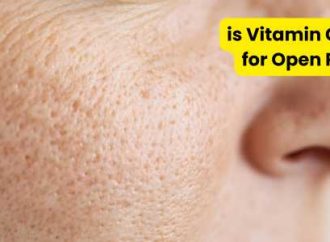
Introduction Many skincare enthusiasts often ask, is vitamin C good for open pores, and when should they visit the best dermatologist in Delhi for treatment? Open or enlarged pores can make the complexion look uneven, textured, and dull. While pores are a natural part of the skin, certain factors can cause them to become more
READ MORE
Introduction Mitolyn is a new, high-quality dietary supplement that is designed to fortify the very core of the energy generation within the body. The central point of its action is the health of the mitochondria in the transformation of food into usable energy at the cellular level. When mitochondria are active, they benefit not only
READ MORE
Introduction A confident smile can transform your self-esteem and daily interactions. In Bury, more adults are choosing Invisalign to discreetly straighten their teeth without the hassle of traditional braces. This modern orthodontic solution offers comfort, convenience, and effectiveness, making it a popular choice for those seeking a subtle yet impactful change. In this article, we’ll
READ MORE